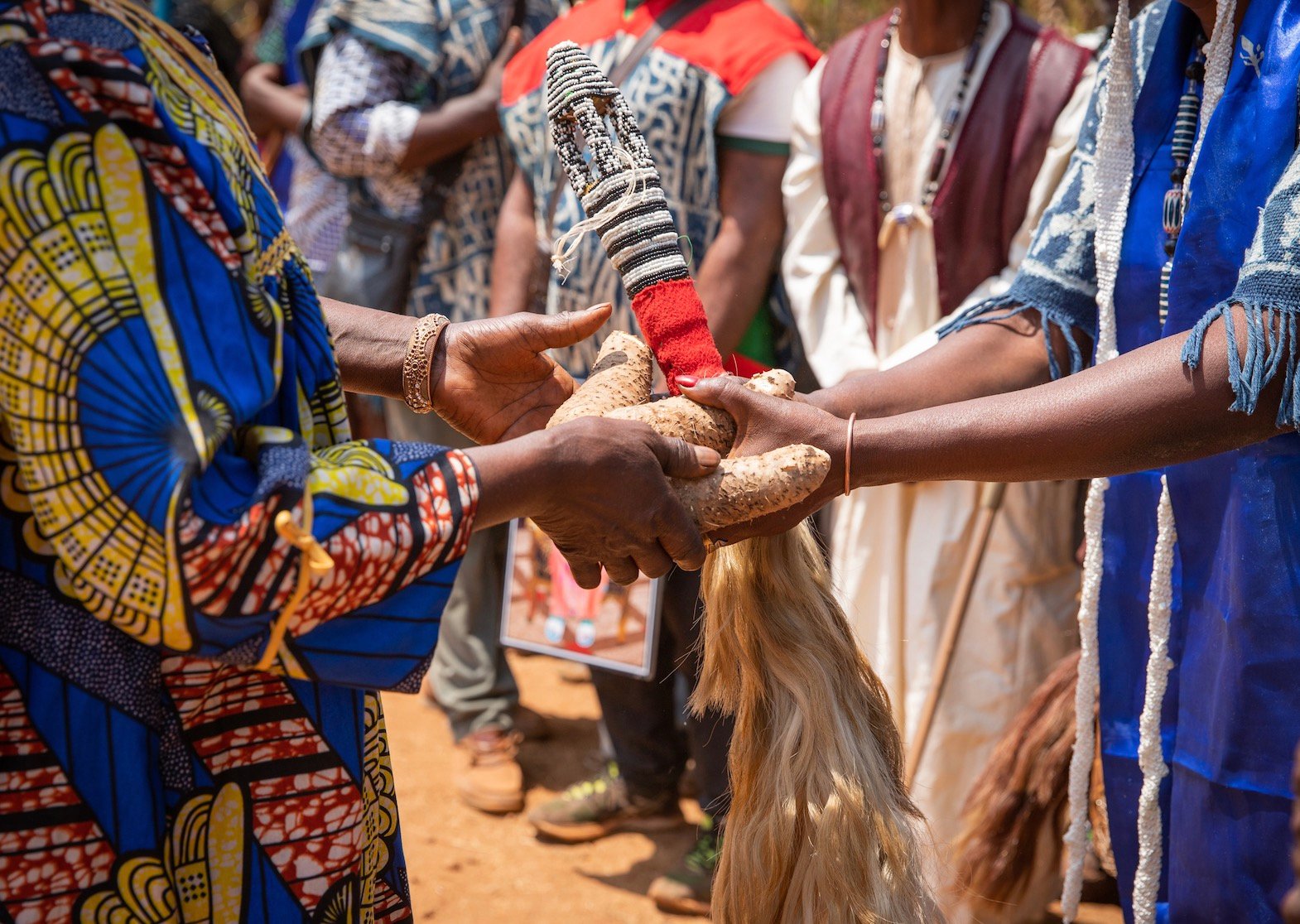In the diverse and complex landscape of Africa, legal approaches to law and conflicts have evolved significantly, influenced by a mix of traditional customs, colonial legacies, and modern reforms. This article outlines key elements of Africa’s legal frameworks, providing facts, evidence, and specific examples that highlight the distinctive characteristics of legal practices across different African nations.
How does the African legal approach to conflicts differ from the Western?
The African legal approach to conflicts significantly differs from the Western notion of justice primarily in its foundational goals and methods. African systems are predominantly concerned with restoring harmony within the community, focusing on reconciliation and communal healing. In contrast, Western justice systems emphasize enforcing laws, determining guilt or innocence, and imposing punishments to maintain order and deter future offenses.
The following table highlights the key differences between African traditional approaches to conflicts and the Western notion of justice:
| Aspect | African Traditional Approach | Western Notion of Justice |
|---|---|---|
| Objective | Focuses on restoring harmony and relationships within the community. | Aims to enforce laws and ensure compliance through punishment or deterrence. |
| Process | Community-based, involving elders and respected members who mediate and guide the resolution process. | Formal legal processes involving courts and legal professionals. |
| Role of Community | Integral to the resolution process; community members actively participate in resolving disputes and restoring peace. | Generally limited to jury service or as witnesses; professionals handle the proceedings. |
| Outcome Focus | Emphasizes reconciliation, restoration, and reparation. | Focuses on establishing guilt or innocence, followed by appropriate punishment. |
| Nature of Law | Customary and unwritten, passed down through generations and adapted to current contexts. | Codified and written, established through legislative processes. |
| Enforcement | Social and moral pressures enforce compliance, with decisions respected due to community support. | Legal enforcement through police and judicial systems. |
| Flexibility | Highly flexible, with solutions tailored to the specific circumstances and needs of the parties involved. | Relatively rigid, adhering to statutes and legal precedents. |
| Symbolism | Use of symbolic acts (e.g., sharing a meal, participating in rituals) to signify the end of conflict and reconciliation. | Symbolism is minimal, with legal resolutions formalized through documents and orders. |
Pre-Colonial and Traditional Systems
Historically, African societies employed various traditional mechanisms for conflict resolution, rooted deeply in communal values and customs. These systems often prioritized restorative justice over punitive measures, aiming to repair harm and restore harmony within the community. For example, the Gacaca courts in Rwanda were revived and adapted in 2001 to deal with the aftermath of the 1994 genocide. Originally a community-based justice mechanism, the Gacaca courts processed hundreds of thousands of cases, emphasizing reconciliation and community involvement.
Colonial Impact and Legal Pluralism
The colonial period introduced European legal systems to Africa, which often coexisted with, or attempted to supplant, indigenous legal practices. This introduction created a dual legal system in many countries. In Nigeria, for instance, the legal system is a complex tapestry of English common law, Islamic law in the north, and traditional customary law. The Nigerian Constitution of 1999 recognizes this pluralism by allowing Sharia courts to operate alongside secular courts in matters affecting Muslims.
Post-Independence Reforms and Modernization
Following independence, many African countries undertook significant legal reforms to modernize their systems and make them more representative of their diverse populations. South Africa‘s transition post-1994 is a notable example. The country overhauled its apartheid-era laws and adopted a new constitution in 1996, which is hailed as one of the most progressive globally, emphasizing rights such as equality, freedom, and dignity.
Contemporary Challenges and Innovations
Despite these reforms, many African legal systems face challenges like corruption, limited access to justice, and under-resourced judiciaries. However, innovation and commitment to improvement continue. In Kenya, the judiciary launched the Judiciary Transformation Framework in 2012, aimed at increasing judicial efficiency and accessibility. This initiative includes the establishment of mobile courts to serve remote areas, enhancing access to justice for marginalized communities.
International Influence and Cooperation
African legal systems are increasingly interacting with international law and norms, impacting how conflicts are resolved on the continent. The African Union (AU), established in 2001, plays a pivotal role in promoting legal standards and peaceful dispute resolution among member states. The AU’s African Court on Human and Peoples’ Rights, operational since 2006, exemplifies this trend, addressing cases that involve human rights violations across the continent.
The legal approaches to law and conflicts in Africa are as varied as the continent itself, shaped by historical contexts and contemporary challenges. From traditional mechanisms like Gacaca to modern judicial reforms and international cooperation, African legal systems demonstrate a dynamic mix of resilience and adaptability in addressing legal and conflict-related issues.
Did You See These?
- Reasons to File a Complaint Against an Attorney in South Africa
- Why Both Men and Women Could Become Victims of Gender-Based Violence
- Best Antenuptial Contract Attorneys in Johannesburg
- What is Needed to Renew Driver’s Licence?
- Law Firms Offering Articles for 2025 and 2026
- Can You Get a Criminal Record for Speeding in South Africa?
- Professional Driving Permit (PrDP) Requirements in SA
- Is a Customary Marriage in a Community of Property in South Africa?
Disclaimer
The content presented on this website was originally created by the team at Legal Advice. All information related to legal firms and legal matters is based on "User Submitted Data", and or publicly accessible data available from more than one online sources. Should you have any concerns or disputes about the information provided, please feel free to reach out to us at hello@legaladvice.org.za.

